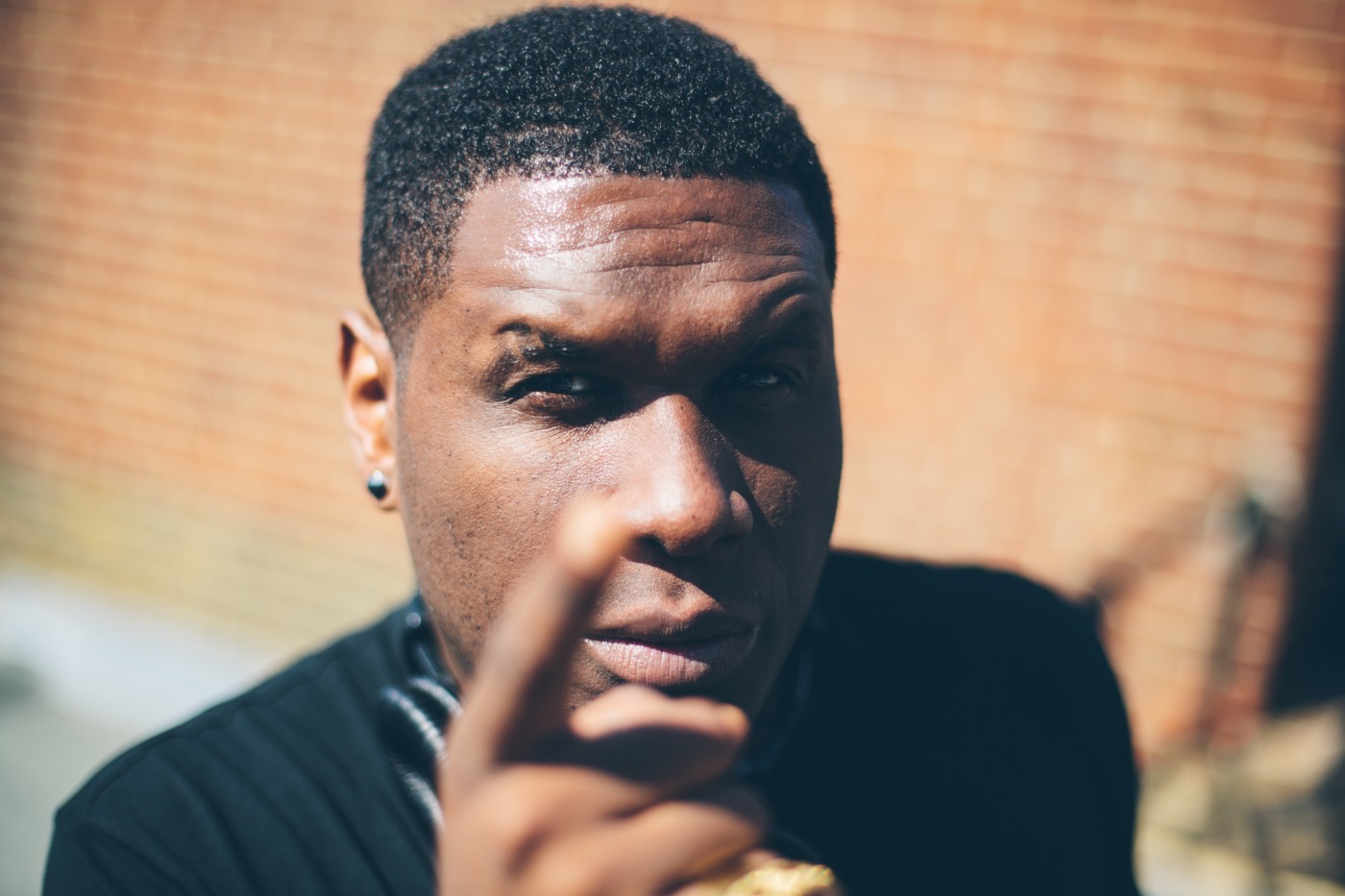‘The Written Testimony’: Jay Electronica remains a rap enigma
11 years on since his acclaimed EP, Exhibit C, Jay Electronica finally drops his long-awaited solo album… and it’s a perplexing one. Where he shines on the record, he’s outshone by his feature Jay-Z, to the point where it seems rather a collaborative than a solo effort. Where the beats engross, the mixing and production fail.
After waiting so long, it’s a sore disappointment that a relatively concise 40-minute and thematically driven album is brought down by a lack of the title artist’s airplay, over-production, weak mixing, and redundant inclusions of random samples and artists which contribute little to the album.
The Written Testimony’s flaws are swiftly established with Electronica’s prophetic speech from homophobe and black nationalist leader Louis Farrakhan in the introduction: a staunch anti-Semite, its inclusion permanently stains much of what Electronica raps regarding religion. Admittedly, although it permeates a theatrical feel through the album – a theme which is effectively continued in following songs – its context cannot be ignored.
A triumphant yet imperfect start, when Electronica’s record gets off the ground its hindered by its effort to achieve too many things at once
Following on, ‘Ghost of Soulja Slim’ manages to successfully encapsulate the seeming paradox in quality of the record. Emphatic race-related verses from Jay-Z, an infectious rolling beat, and Electronica’s tight Islam-oriented wordplay are contrasted by pointless and obnoxious inclusions of children shouting “yay”, used shamingly again in ‘Shiny Suit Theory’, and studio mixing which leaves plenty to be desired. A triumphant yet imperfect start, when Electronica’s record gets off the ground its hindered by its effort to achieve too many things at once, something very few artists can successfully manage.
The mood of the track, reminiscent of 90’s east coast hip-hop, is immediately compromised by a heavy, brazen, and modern trap beat on the ‘The Blinding’. The blown-out production somehow manages to work: however, it isn’t particularly easy-listening on first run-throughs. Similar hindrances include pointless additions to songs, namely Travis Scott’s Young Thug-sounding bridge between the beat switch-up – something which felt entirely unnecessary.
Persistent mixing issues pervade this song and again the record, none more exemplified by ‘Flux Capacitor’, which combines UK jungle, a Rihanna sample, a weak Jay-Z ‘get-the-gat’ hook and hard-hitting 808s into an ambitious but messy track. You can’t help but feel if they had spent more time on production and mixing and stripped back the track, it would be a strong addition to The Written Testimony.
The prophetic religious and ethereal sound of the album, best highlighted by Electronica’s creative integration of Arabic and Islamic terminology, provides a unique approach to religion in hip-hop
This messy production is again prevalent in the ethereal ‘Universal Soldier’, a track tacked with monotonous flowing Electronica and on-point Jay-Z, who outshines his co-star yet again. At this point, it becomes apparent The Written Testimony is filled with high’s and lows, and for such a wait, you would’ve thought the 43-year-old Electronica would’ve put in more effort. His rapping and rhyming skills impress on the down-tempo ‘The Never-Ending Story’ and stunningly soulful ‘Fruits Of The Spirit’, but his monotony on ‘Shiny-Suit Theory’ and Jay-Z’s masterful verse on the same track illustrate the debut’s downfalls.
The Written Testimony‘s lack of consistencies ultimately accumulates and create a perplexing record – but not without potential. The prophetic religious and ethereal sound of the album, best highlighted by Electronica’s creative integration of Arabic and Islamic terminology, provides a unique approach to religion in hip-hop. Ultimately, however, it is a disappointing and messy release. Had this been put out 10 years earlier, we may have seen a more focused and tighter Jay Electronica. Ironically, The Written Testimony needed more time in the works: however, it gives hope for his next project in another 11 years time.

Comments